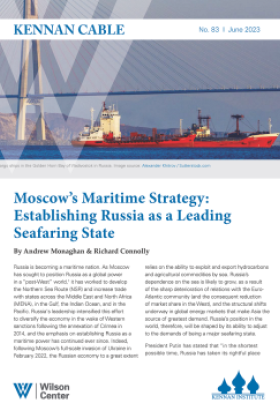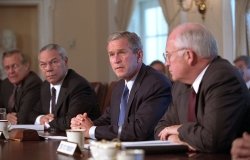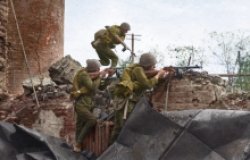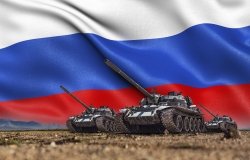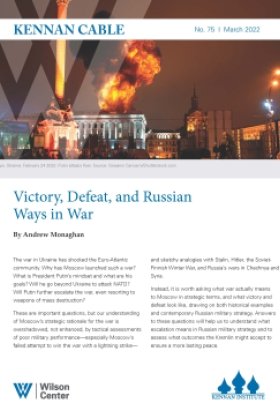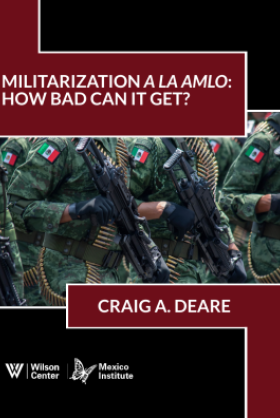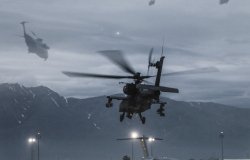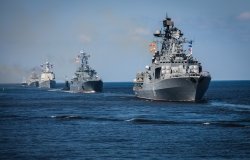The Imagined Arsenal


The Imagined Arsenal
India's Nuclear Decision-Making, 1973-76
The relationship between the May 1974 “peaceful nuclear explosion” (PNE) and India’s later development of a nuclear weapons arsenal and delivery systems has been a subject of much debate. The spectrum of discussion ranges from scholars attributing a strategic vision to the entire early Indian atomic program, to those who argue that the test was inspired primarily by domestic and foreign policy considerations. Yet all discussion has been hampered by a lack of archival evidence.
Through extensive use of newly available materials from the Nehru Memorial Museum and Library, this working paper helps demystify India’s nuclear decision-making between 1973 and 1976. Major findings include:
In the period between 1973 and 1974, Indian decision-makers did not consider a Chinese invasion of India as a real possibility, nor did they see the notion of Beijing using nuclear weapons against India as credible.
The two most important agencies in the Government—the Ministry of Defense (MoD) and the Ministry of Finance (MoF)—came to markedly different understandings on the implications of India’s PNE. Ironically, the MoF advocated for considering the PNE as a nuclear deterrent, while the MoD argued against it, on account of the absence of a weaponization program.
No simultaneous development of a nuclear delivery system—either strategic bombers or a ballistic missile program—appears to have accompanied the PNE. This suggests that the test had very little short to mid-term military applicability.
The intended purpose of India’s nuclear submarine program was highly ambiguous during its early years. This contradicts the general impressions prevalent in the strategic community that India began its nuclear submarine program in the early 1970s with a desire to develop a nuclear triad.
Click here to download the article
About the Author

Yogesh Joshi
Research fellow, Institute of South Asian Studies, National University of Singapore

Nuclear Proliferation International History Project
The Nuclear Proliferation International History Project is a global network of individuals and institutions engaged in the study of international nuclear history through archival documents, oral history interviews, and other empirical sources. At the Wilson Center, it is part of the Wilson Center's History and Public Policy Program. Read more

Cold War International History Project
The Cold War International History Project supports the full and prompt release of historical materials by governments on all sides of the Cold War. Through an award winning Digital Archive, the Project allows scholars, journalists, students, and the interested public to reassess the Cold War and its many contemporary legacies. It is part of the Wilson Center's History and Public Policy Program. Read more

History and Public Policy Program
The History and Public Policy Program makes public the primary source record of 20th and 21st century international history from repositories around the world, facilitates scholarship based on those records, and uses these materials to provide context for classroom, public, and policy debates on global affairs. Read more

